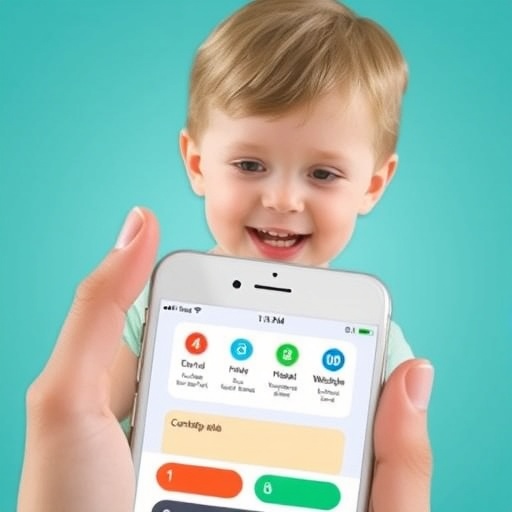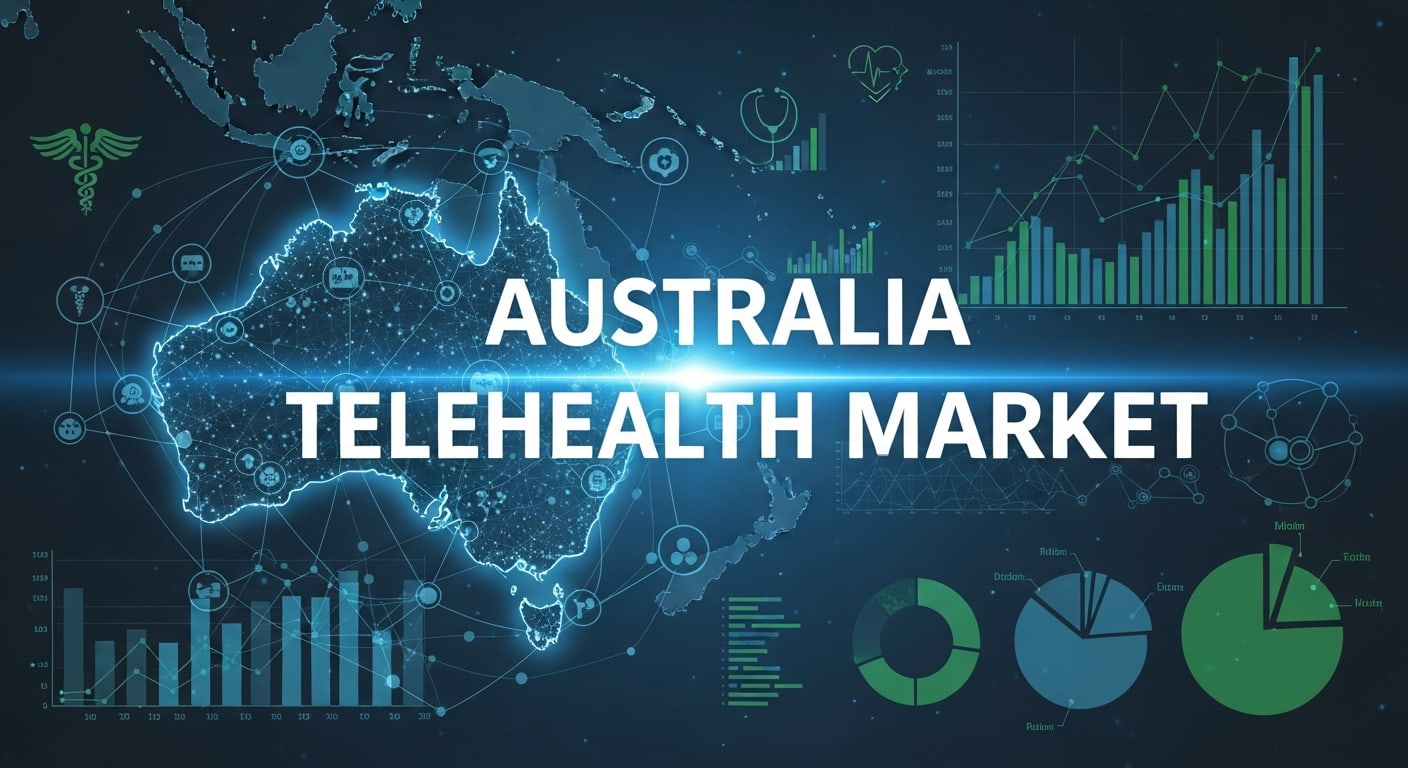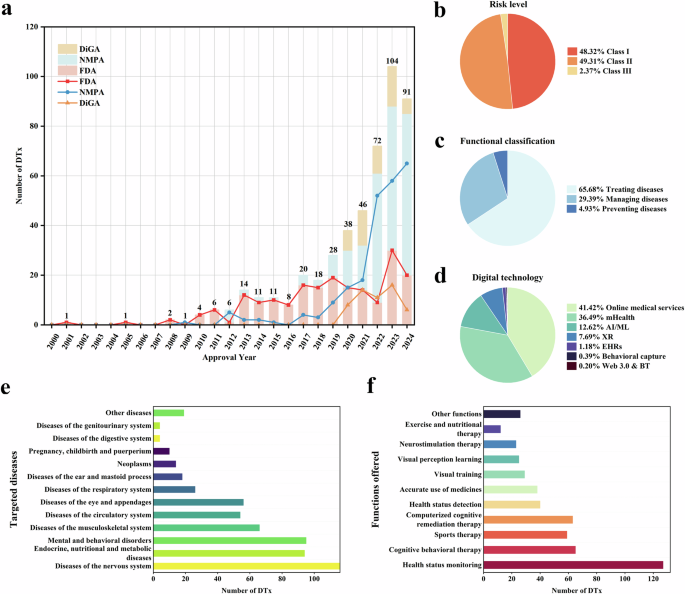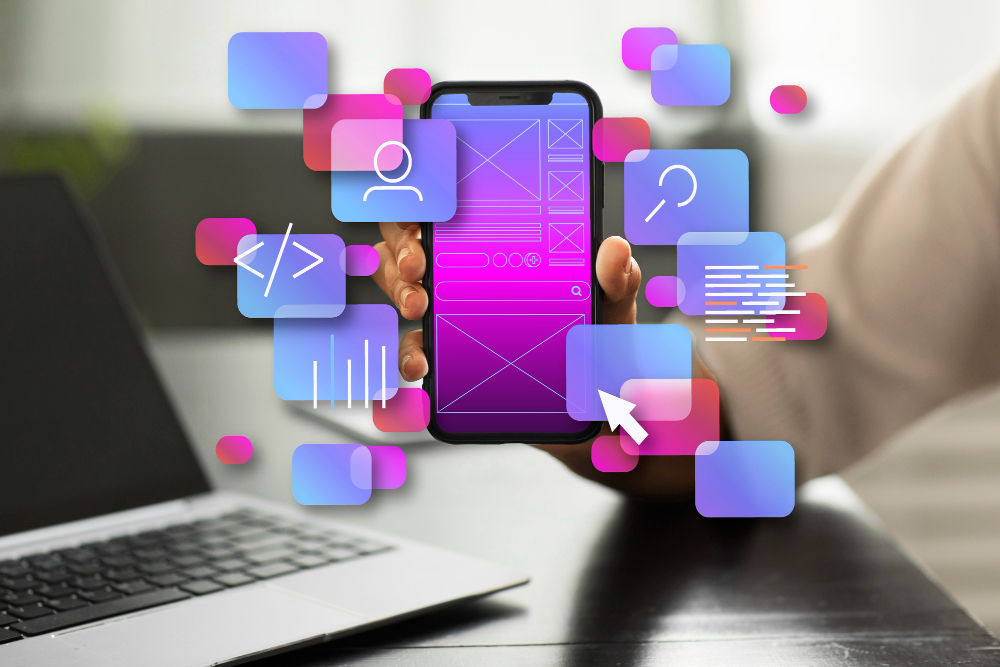5 Opportunities for Mobile Health Apps
While mobile health apps have been around for some time, they have yet to find widespread use for managing serious health problems. Expect that to change.
Juned. A. Ghanchi
Since the launch of Apple HealthKit and Google Fit last year, mobile health apps have been subject of renewed interest from developers and users. But unlike many other native app niches that are facing fierce competition, the market for health apps still has a lot of room to grow. Although the number of health apps across app stores has surpassed 100,000, a whopping 70% of these apps could not even garner 50,000 downloads or generate at least $10,000 revenue.
The introduction of new health-monitoring technologies and sensors that work in tandem with mobile apps should help drive future growth in this sector. In years to come, I predict we’ll see the development of a robust medical databases and app-based health services. Here are five trends I think will spur future growth in this sector:
1. Health Apps Offering Mobile Analytics
Thanks to advanced device sensors mobile apps now can access user-specific information in a more timely and contextual manner than ever before. Moreover, it has never been easier to analyze user data gathered by mobile devices. Already, mobile-device data represent one of the most dependable sources to study user behavior.
Look for the steadily improving capabilities of mobile app analytics to eventually drive new health app functionality.
For instance, the ecosystem of connected health apps could analyze user behavior to identify which kinds of behaviors are healthy and which are not. Determining that a user is stressed while engaging a particular kind of activity or identifying that a user has a hectic sleep pattern are but two examples. Apps could also help users to follow a prescribed workout time, working in concert with an activity tracker to help motivate patients.
As the number of connected health apps expands and the device ecosystem improves, this will help make app analytics work better for studying specific user health data and habits.
2. Mobile App Will Offer a Doorway to Access All Medical Data
Accessing all manner of medical data from a mobile device is not only a requirement but a crucial prerogative for the health apps of the future. When mobile devices are able to serve as a doorway for accessing all kinds of health and medical data, the notion or remote monitoring and remote medical consultation will remain a theory rather than a reality. All electronic medical records and health data kept and registered by healthcare facilities could be regulated centrally and thereby be made accessible to health apps.
It’s no exaggeration to say that access to data can help save lives. For example, we can reflect on the example set by Steven Keating, who is a doctoral student at MIT’s Media Lab. While doing research on his own medical data, he helped discover a tumor in his own brain. This is just one impressive example of how access to medical data can drive earlier detection of severe illnesses. As developers can more access to clinical health data, we expect health apps to become more powerful.
3. The Dawning of a Connected Health App Ecosystem
Wearable devices are slowly revealing their potential to be more than health-centric accessories to smartphones. But you haven’t seen anything yet. Expect a robust app and device ecosystem to be developed offering seamless integration among apps and devices.
Health apps that silo health data will become irrelevant. In the future, we will likely see a health app ecosystem that spans and connects different medical fields.
For instance, a fitness tracker app of the future could work in concert with remote health monitoring technology and a consultation app. Several health apps working in unison can work more contextually creating digital healthcare better. Interconnected apps developers can create more contextual interactions, helping transform raw patient data into user-specific health insights.
4. Get Ready for Your Remote Health Checkup
Mobile health apps are poised to play a decisive role for care of chronic conditions and health management. Patients who require intermittent surveillance and monitoring can benefit from mobile devices offering remote monitoring. Though fitness apps are now the most popular category of health apps, in years to come, real-time remote health monitoring and consultation will ultimately prove to be more valuable. In the future, remote health monitoring and consultation will play an instrumental role in reducing healthcare costs around the world. This trend will be further accelerated by advanced device sensor capabilities.
5. Improved Security Measures Will Set Mobile Health Apps Free
Most mobile health app developers agree that the biggest factor holding down the niche is the lack of data security.
The ease with which a FitBit device could be hacked was revealed by a 2014 competition involving Netflix employees. The group hacked the FitBit to learn when a user had fallen asleep at which point it would automatically pause Netflix. While the feature may be promising, it also highlights the security concerns facing this sector, according to the Post Gazette.
The security problem can also be viewed as an opportunity, however, for white hat hackers to step up and help address data security problems. A secured unified system of electronic health and medical records could be a solution to this problem.
In time, security for access medical data will become more regulated leading to the development of best practices and improved ways to safeguard medical data of all forms.
Juned Ahmed is a marketing manager at IndianAppDevelopers Co., an India-based mobile app firm that offers medium- to enterprise-level mobile application development services.
link







